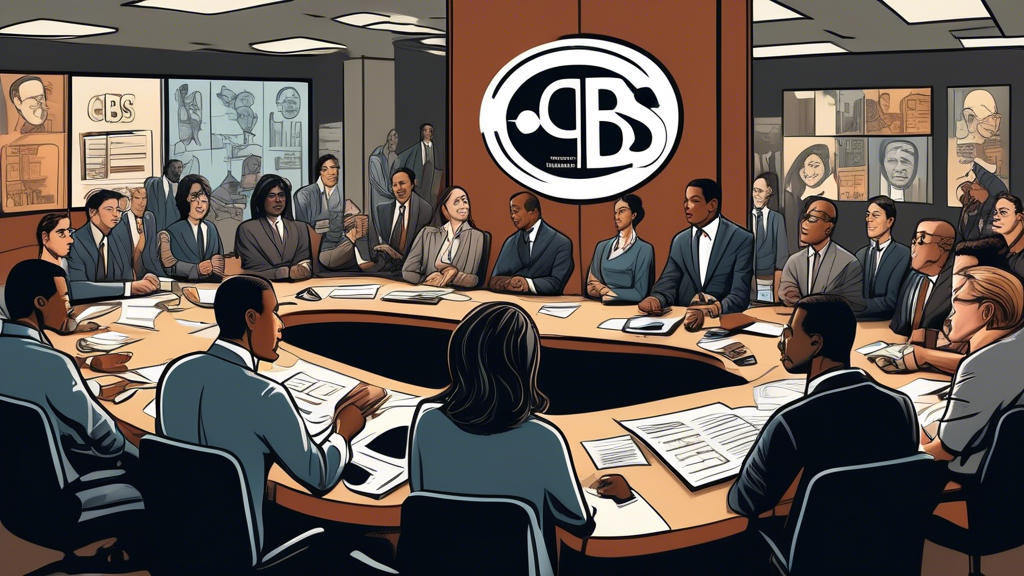
CBS Shows Obvious Bias, Prompting Don Lemon to Question: Why are the inmates in charge?
In recent months, accusations of bias in mainstream media have intensified, with CBS standing out as a focal point of criticism. Notably, even CNN anchor Don Lemon has weighed in, raising questions about journalistic integrity in a landscape increasingly dominated by partisan reporting.
Media Bias in Focus
The term ‘media bias’ has become a staple in discussions surrounding news coverage, particularly as it pertains to political issues. Critics argue that CBS has demonstrated a slant in its reporting that favors certain narratives—often at the expense of objective journalism. Such bias is perceived not only in the stories selected for coverage but also in the framing of those stories.
Don Lemon’s Critical Observations
Don Lemon’s critique of CBS has sparked conversations about accountability within the media. His remarks, questioning Why are the inmates in charge? suggest an alarming belief that editorial decisions are made by those with an agenda rather than by traditional standards of journalistic ethics. This commentary, coming from someone within the media establishment, signals a recognition of these issues within the industry.
Examples of Perceived Bias
Critics cite specific instances where CBS’s reporting appears to lean in favor of particular political perspectives. Allegations of selective coverage, biased interview techniques, and one-sided narratives contribute to the rising unease among the public regarding the information they consume. For example, analyses have pointed to coverage of social justice movements and political protests as symptomatic of the network’s editorial choices, often depicted through a lens that aligns with liberal ideologies.
Political Implications
The implications of such bias extend beyond mere reporting practices; they penetrate the fabric of public perception and political discourse. When mainstream media outlets, like CBS, exhibit bias, they risk undermining trust with their audiences. This erosion of trust can significantly influence public opinion, leading to a polarized society where views are reinforced by selective exposure to news.
Systemic Issues Across Media
The frustrations directed at CBS reflect broader concerns regarding systemic bias across multiple media platforms. As various outlets are scrutinized for leaning toward particular ideologies, this trend raises questions about the integrity of reporting and the public’s ability to seek unbiased information. The increasing acknowledgment of bias from figures such as Don Lemon signals a growing awareness of these troubling dynamics within journalism.
Reactions from Others
The discourse surrounding CBS’s alleged bias has garnered attention from several media figures and politicians. Many have echoed Lemon’s concerns, calling for accountability and transparency from news organizations. The consensus suggests a need for a reevaluation of the standards upheld by major media networks to restore confidence among viewers.
Conclusion
As accusations of bias continue to taint the reputation of CBS and other media outlets, the industry faces monumental challenges in regaining public trust. Figures like Don Lemon, who have called attention to these issues, emphasize the need for a shift in how news is reported and consumed. The public deserves a media landscape that prioritizes integrity over ideological objectives, ensuring that the inmates are not in charge of the narrative.
